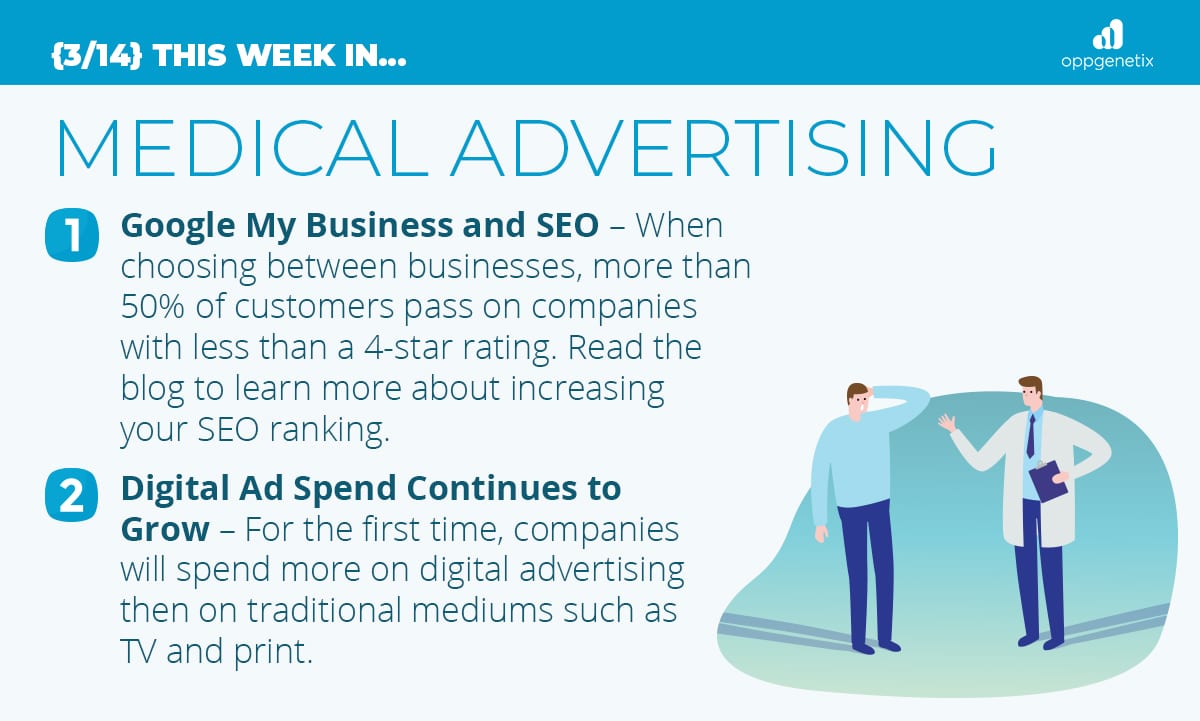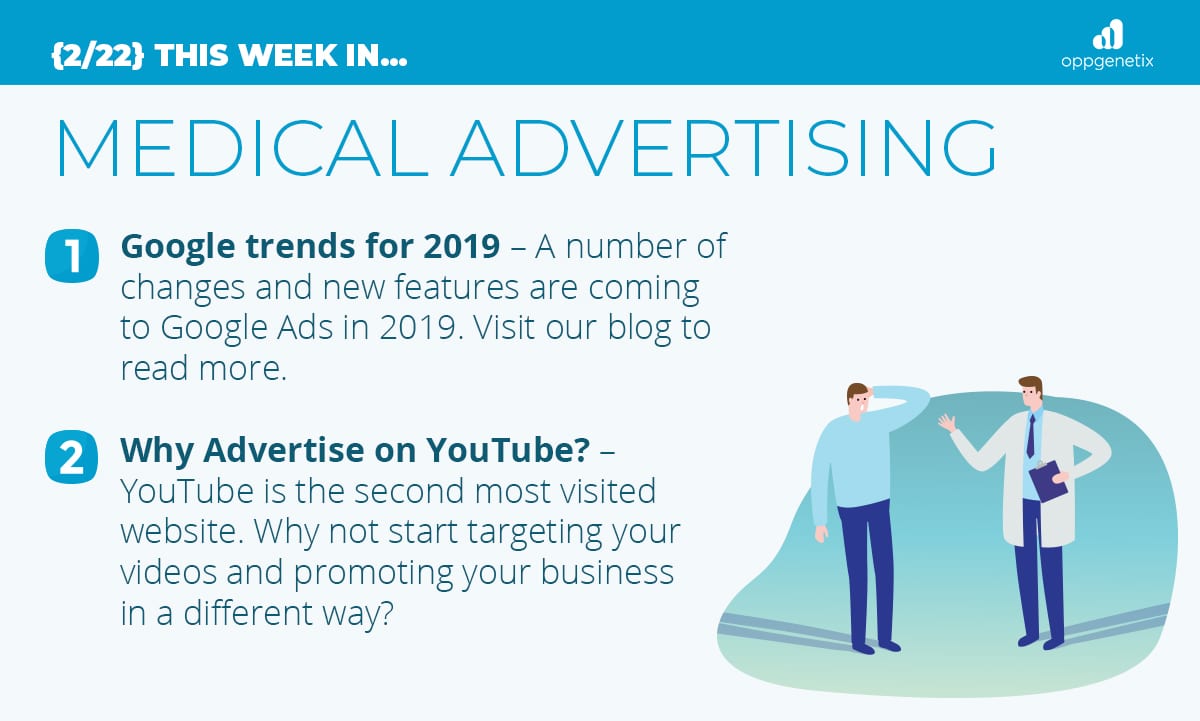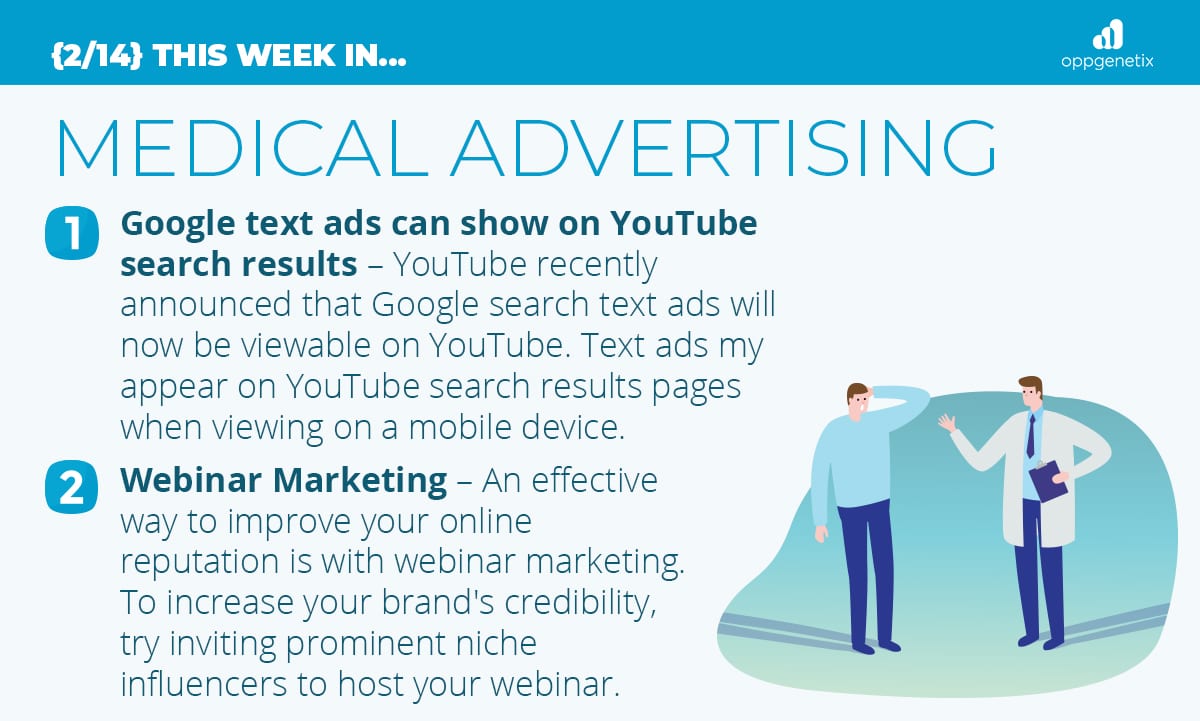Changes to Facebook Targeted Ads and How That Will Affect Performance
Facebook has agreed to overhaul their policies on targeted advertising. By the end of 2019, those looking to advertise in the housing, jobs, and credit segments can no longer target ads based on demographics of race, gender, age, or zip code. Facebook will be building out a separate platform for these segments to make sure companies are not discriminating against anyone on the platform. Some of the other updates will include a minimum 15 mile radius on geographic targets. The “Lookalike Audience” tool will not let advertisers focus on key demographics. Facebook will be building a new tool for users to search all housing ads in the U.S. These changes also include advertising on Instagram and Messenger
These changes are coming as part of a 5 million dollar settlement with several organizations including the American Civil Liberties Union, the National Fair Housing Alliance and the Communications Workers of America who have all sued Facebook over the advertising platform and ad targeting practices.
“There is a long history of discrimination in the areas of housing, employment, and credit, and this harmful behavior should not happen through Facebook ads,” Facebook Chief Operating Officer Sheryl Sandberg said in the blog post announcement.
This comes as no surprise for the tech giant who has received a lot of pressure over the years for their use of user data and ad targeting practices. In 2018, Cambridge Analytica had inappropriately gathered user data and compromised the accounts of millions of Facebook users.
Over time we will learn how this new approach to targeted advertising will affect these segments. Facebook has said they are continuing to work with the Department of Housing and Urban Development on how they will address housing ads. The parties will discuss progress on that front every six months for three years after the changes are implemented.
Facebook is still one of the world’s most successful advertising companies. The new platform will not discriminate based on sexual orientation, age, ethnicity and other characteristics covered by state and local civil rights laws.
So how will these changes affect your ads and performance? Our Director of Operations, Zain Khan, had a few comments on the topic:
“Although these changes will have a major impact on advertising practices within those industries, the only positive from this change is that Facebook’s algorithm prioritizes impressions and ad frequency to users that are in essence “similar” to prior ones that have interacted with ads. It is done in the name of improving user experience. This process almost automatically helps keep ads in front of the right people. However, it puts a bit more pressure on the ad copy and creative to be more targeted with qualification criteria to weed out unqualified prospects to interact with the ad in the first place.
If the first few interactions with the ads seem to happen from a subset of the target audience that are not ideally the target, the same algorithm snowballs into making that campaign extremely inefficient.”
It will be interesting to see how marketers react to these changes and what pivoting strategies they come up with to refine their audiences.





